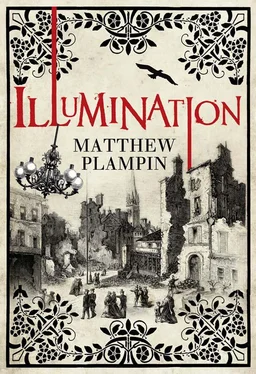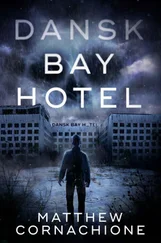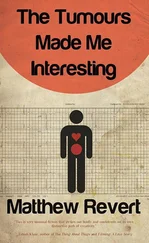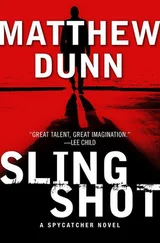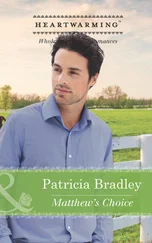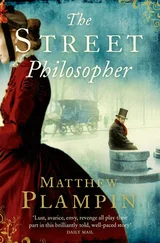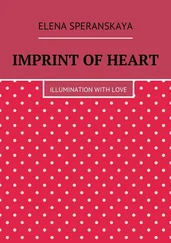The three women fell among the cushions of a long sofa, settling into each other’s arms. This casual grace was undercut by their twanging accents, those of ordinary Londoners, which placed them some distance beneath the artistic gentlemen out whooping in the garden. Was this a harem, kept in a similar manner to the painter-poet’s private zoo? Hannah didn’t suppose that such an arrangement was beyond these people. One of the women was looking over at her, she realised, making an assessment then whispering to her friends; they leaned in, heads touching, to share a wicked giggle. Hannah turned away abruptly, searching the drawing room for a distraction. This wasn’t difficult. Every surface was crowded with statuettes and vases, unidentifiable musical instruments or items of exotic jewellery – a collection as vast as it was haphazard. She went to a cluster of jade figurines on a sideboard, suddenly fascinated.
There was laughter in the garden, and Elizabeth reappeared through the French doors with the painter-poet. The taller by two clear inches, she was leading him along as if escorting a convalescent. He was fretting about Freda, who remained at large; she was offering reassurance, telling him that his walls were high and his gardener well practised in dealing with escapees. They drew to a halt a few feet before Hannah.
‘And here she is, Gabriel,’ Elizabeth announced, ‘the reason I ventured out among the menfolk to claim you: my Hannah. Is she not a dove? A skylark, like that of dear Shelley: a star of heaven in the broad day-light ?’
Hannah managed a feeble smile; she thought this a peculiar way to broach the subject of her paintings. Their host remained distracted, his small, sunken eyes twitching between the room’s various doorways. He looked as if he was prey to many maladies, of both mind and body – a man locked into an inexorable decline. The three women on the sofa were waving, trying to coax him over, but he paid them no notice.
‘Oh I agree, madam, a skylark, yes,’ he answered, running a hand through his thinning hair. ‘I’m afraid you must excuse me, though. Another crucial matter requires my attention – one quite unrelated to wallabies. It’s my blockheaded errand boy, you see. I have given him instructions, very specific instructions, but the clod is so extraordinarily slow that I cannot tell if he—’
‘People have claimed,’ Elizabeth continued, ‘that she is the picture of me when I was her age; a duplicate, if you like. My feeling, however, if I am quite honest, is that she has a quality I did not. A Renaissance quality. A note of Florence, perhaps, in the late Cinquecento; the beautiful purity one sees in the maidens of Ghirlandaio. It must come from Augustus’s side.’
Mention of Hannah’s father, dead a decade now, was designed to pin their host in place. Augustus Pardy had been a poet of renown, author of the ‘Ode to Dusk’, the verse-play Ariadne at Minos and a number of other commended pieces. He was held in some esteem at Tudor House; Hannah suspected that it was largely for his sake that Elizabeth continued to be invited to these dinners. She held her own, naturally, with endless tales of her foreign travels and the celebrity they had once brought, but her late husband’s name still served as her foundation.
The painter-poet, for the moment at least, was snagged. ‘Your husband was certainly a striking fellow,’ he murmured.
‘She fits so very well among these treasures, does she not? Why, it is like she belongs here, in this enchanting haven of yours.’ Elizabeth brought them closer. ‘And she has a question for you, Gabriel. About your art.’
Hannah attempted to hide both her surprise and the utter blankness that followed it. Seconds passed, piling up; their host cleared his throat; Elizabeth’s expectant gaze glared against her.
‘I do envy your position here beside the river,’ she said eventually. ‘I am sure that if I lived at Tudor House I would be out on the embankment with my easel every morning. Might I ask how often you avail yourself of its sights?’
This made him laugh. ‘Heavens above, I could never work outside! I trade in beauty , Miss Pardy, not coal-smoke and low-hanging cloud! What could there possibly be for my brush out on the Thames? And there are the flies, you know, and the dust, and all the blessed people … It’s a French idea really, this outdoor painting, and results only in the most beastly slop.’ He fixed Hannah with a quizzical expression. ‘But I believe you mentioned an easel, miss. Do you paint?’
There was another brief silence.
Hannah looked back to the jade figurines. She imagined herself smashing them one by one in the fireplace. ‘Our host,’ she stated, ‘is asking if I paint.’
Elizabeth ignored her. ‘You can see something there though, Gabriel, can’t you? As we discussed in the Garrick?’ Her voice was brisk; she was attempting to close a deal. She nodded towards the women on the sofa. ‘Her colouring is lighter than that of Miss Wilding and these others, but then variety is so often the key to success. Perhaps a blonde would—’
‘ See something? ’ Hannah interrupted. ‘Elizabeth, what on earth are you—’
The painter-poet was growing uncomfortable. ‘Now look here, Bess,’ he said, tugging at his neat little beard, ‘I have told you that I don’t want it. I don’t want the bother or the notice it will bring. I have decided upon my course and will not waste time with second thoughts.’
‘What is he talking about?’ Hannah demanded – although a couple of good guesses were forming in her mind. ‘What doesn’t he want?’
As always, Elizabeth refused to acknowledge defeat. ‘For goodness’ sake, Gabriel, you must not be so damnably stuck in your ways. Hannah may not be quite your normal type but without change, without development, we become stagnant , do we not? Such a painting would serve as the ideal culmination for my account of your career. It would bind author and subject, don’t you see, in a most compelling manner. Interest is sure to be enormous . I predict a serialisation – in the Athenaeum at the very least – and a volume on the stands by the end of the year. Come now, don’t be such a confounded mule. Give your consent and I can promise—’
Tudor House’s errand boy, a gangling youth in cap and braces, filled the doorway that led out to the hall, torn between hailing his master and gaping at the women on the sofa. Provided with the excuse he needed to escape them, their host backed away, reeling off an apology before snapping a reprimand at his boy. Elizabeth watched him go; there was nothing she could do. She shook a crease from her lilac dress, taking care not to meet her daughter’s eye.
‘Explain this,’ Hannah said. ‘ Now .’
Elizabeth was unrepentant. ‘If you cannot grasp it for yourself, Hannah, then I have truly failed.’
The artistic gentlemen were filing in from the garden. A spotless mahogany easel was carried through and erected by the piano; the painter-poet fiddled nervously with the gas fittings, opening valves to illuminate the room as much as possible; and finally, at his signal, the canvas was brought before them.
Hannah had never seen an example of their host’s work. She knew about his central role in the Pre-Raphaelite controversy, of course, but that was two decades old; and furthermore, the major paintings it had produced all seemed to be by other hands. He’d become a mysterious figure, enjoying reputation without scrutiny, believed to be selling his startling canvases to a network of buyers across the British Isles yet shunning any form of public exhibition or exposure. Accordingly, although determined to extract a confession from Elizabeth, Hannah could not resist glancing over.
Читать дальше
